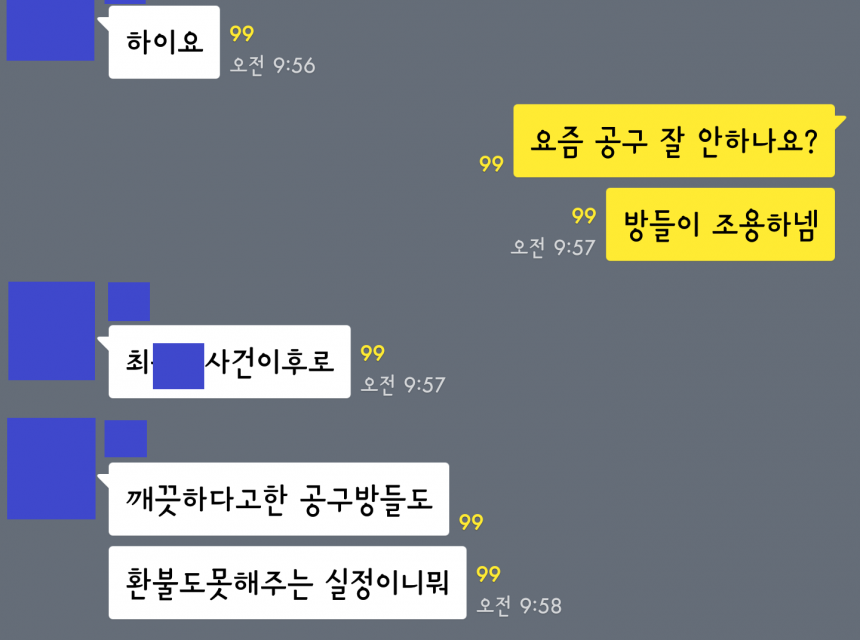South Koreans have used popular Kakao public messenger sites for buying cryptocurrencies. Like-minded young investors, often called Internet-savvy Millennials, put a small amount of money to buy the coins. However, this market, named the online community sites for joint purchase of cryptocurrencies, has now remained idle since December.
The government’s crackdown and scams set by fraudsters have heightened the public distrust in the sites where multi-level pyramid sales were prevalent. Also, blockchain developers have difficulty in raising cash through the initial coin offerings (ICOs).
Many ‘coin purchase sites’ had cropped up last year, and one largest site had once drawn as many as 50,000 investors. Three reasons could be citable for the decline of these sites.
First of all, a Choi, a kingpin of the coin pyramid sale, was mysteriously found dead, in an apparent suicide. He took the bulk of Chinese coins from Chinese venture capitalists and parceled out and resold them to Korean investors. After collecting cash, he did not distribute the coins he had promised and died without paying any refund, leaving hundreds of investors losing money.
Secondly, few ICOs were possible. According to the Autonomous Research, ICOs fell 88.53 percent last year over 2017. Private sales of coins, namely selling privately to a group of investors at a low price before launching an official ICO, have declined.
Lastly, investors are shunning ICOs and instead prefer the initial exchange offering (IEO), which is guaranteed by the exchanges. Many blockchain developers are seeking to raise capital through IEOs, a market analyst said.
관련
기사제보 및 보도자료: press@blockmedia.co.kr
▶ 블록미디어 유튜브 바로가기 https://www.youtube.com/blockmedia
▶ 블록미디어 텔레그램 바로가기 https://t.me/blockmedia
▶ 블록미디어 페이스북 바로가기 https://www.facebook.com/blockmediakorea/

